Investing in Quality: The Importance of ISO Certification in Manufacturing
In today’s competitive precision manufacturing industry, quality isn’t just an advantage—it’s an expectation. For companies like Barton Tool, which specializes in custom cutting tools and precision-machined components, ISO certification serves as a powerful benchmark. It signals to clients that the company meets internationally recognized standards and is committed to consistent performance, innovation, and customer satisfaction.
By investing in ISO certification, Barton Tool enhances its credibility, streamlines internal processes, reduces material waste, and upholds exacting standards across every tool produced. For manufacturers serving high-performance industries—like aerospace, automotive, medical, and industrial machining—ISO certification is more than a checkbox; it’s a strategic move for long-term success.
What is ISO Certification and Why It Matters
ISO certification is formal recognition that a manufacturer complies with international standards for quality management. ISO 9001, the most widely adopted standard, emphasizes consistency, risk mitigation, and customer-focused improvements.
For a toolmaker like Barton Tool, ISO certification reinforces the company’s reputation for precision, reliability, and process control—key factors in delivering cutting tools that perform with accuracy job after job.
Key aspects of ISO certification:
Quality Management System (QMS): A documented system that defines how Barton Tool manages every stage—from quoting and design to machining and inspection—to ensure consistent, high-quality outcomes.
Process Optimization: Data-driven decision-making allows for continuous improvements in tooling performance, production efficiency, and shop-floor operations.
Customer Focus: ISO standards align well with Barton Tool’s commitment to tailored solutions and responsive customer service, ensuring that every tool meets specific client needs.
Benefits of ISO Certification for Precision Tooling Manufacturers
1. Enhanced Product Consistency and Performance
With ISO 9001 in place, Barton Tool ensures that every cutting tool—whether a custom end mill, reamer, or form tool—is produced with precision and consistency. Fewer defects and less rework mean better performance in the field and greater confidence for clients.
2. Operational Efficiency and Process Control
ISO certification encourages manufacturers to eliminate waste, improve workflows, and reduce variation. For Barton Tool, this translates to optimized production cycles, better inventory control, and faster lead times—all without compromising quality.
3. Strengthened Customer Confidence
ISO certification signals to customers that Barton Tool operates within a proven, structured system of quality control. It builds trust, strengthens supplier relationships, and sets the company apart from competitors who haven’t made the same investment.
The ISO Certification Process
Getting ISO certified isn’t just about passing an audit—it’s about building a culture of quality. Here’s how the process typically unfolds:
Define Quality Objectives: Align goals with both ISO standards and Barton Tool’s customer expectations.
Develop a QMS: Create a quality management system tailored to Barton Tool’s specific processes.
Internal Audits: Regular self-assessments help identify gaps and fine-tune operations.
Select a Certification Body: Partner with a reputable third party to conduct the external audit.
Undergo the Audit: Demonstrate compliance with ISO standards through documentation, interviews, and observations.
Achieve Certification: Once the requirements are met, Barton Tool receives certification and continues with regular surveillance audits.
Common Challenges & How Barton Tool Overcomes Them
Even experienced manufacturers face challenges in the ISO journey:
Resource Allocation: Barton Tool dedicates skilled personnel to drive certification efforts and maintain system documentation.
Change Management: Training and communication ensure team-wide buy-in and smooth adoption of process updates.
Ongoing Compliance: Barton Tool integrates regular audits and reviews to sustain compliance and reinforce a quality-first mindset across the organization.
Real-World Impact: ISO in Action at Barton Tool
Driving Tooling Excellence
Barton Tool’s ISO-certified systems have helped the company:
Reduce tool failure rates
Shorten lead times
Improve traceability and documentation
Strengthen long-term client relationships
Customers see measurable results in tool performance, production reliability, and delivery precision—making Barton Tool a trusted partner in their supply chain.
Looking Ahead: ISO Certification in a Changing Industry
ISO standards are evolving to meet the demands of next-generation manufacturing. Barton Tool is well-positioned to adapt and lead through:
Sustainability Standards (ISO 14001): As more clients demand eco-conscious practices, Barton Tool may pursue certifications aligned with environmental management.
Cybersecurity (ISO/IEC 27001): With digital tooling data and connected systems, protecting customer information is more critical than ever.
Industry 4.0 Integration: Barton Tool’s investment in advanced machining and inspection technology aligns with future ISO standards focused on smart manufacturing and data analytics.
Conclusion
For Barton Tool, ISO certification is more than a mark of quality—it’s a reflection of the company’s values: precision, integrity, and continuous improvement. In an industry where even a micron matters, having a robust quality framework ensures that every tool performs as expected—and every customer gets exactly what they need.
By maintaining ISO standards, Barton Tool continues to lead in custom tooling innovation while building long-term trust with clients across the manufacturing landscape. It’s not just about certification—it’s about setting the standard.
Frequently Asked Questions
What is ISO certification in the manufacturing industry?
ISO certification is formal recognition indicating that a manufacturer complies with international quality management standards, especially ISO 9001. It ensures consistent product quality and operational efficiency, enhancing credibility and fostering customer trust.
Why is ISO certification important for manufacturing companies?
ISO certification is crucial as it ensures high-quality products, improves operational efficiency, and enhances customer satisfaction. It promotes a culture of continuous improvement, helping manufacturers streamline processes and reduce waste, ultimately leading to sustainable growth.
What are the key benefits of obtaining ISO certification?
Key benefits include enhanced quality assurance, improved operational efficiency, and increased customer loyalty. Certified companies often experience reduced operational costs and greater market share due to better quality management and process improvements.
How does a company achieve ISO certification?
To obtain ISO certification, a manufacturer must define quality objectives, develop a tailored Quality Management System (QMS), conduct internal audits, select a reputable certification body, undergo an external audit, and meet all necessary criteria.

